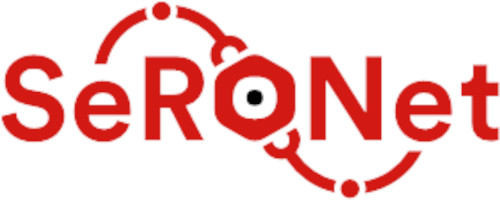CeCaS
Supercomputing Platform for Highly Automated Vehicles
Start: 03/2017
Ende: 11/2021
In the development of new service robot solutions as well as their maintenance and adaptation, the actual system integration represents a significant cost factor – but with SeRoNet, this will be significantly reduced in the future.
With the help of the newly created market and mediation platform www.robot.one and a matching software tool, efficient compositions of robot solutions in diverse areas of professional service robotics will become possible. Component manufacturers and system developers can describe their services and products in a structured manner and make them findable for customers using semantic technologies. By using model-based, generative development methods, a wide variety of software frameworks can work together. This forms the basis for a functioning market for service robot solutions and related development services of the future.
The FZI is involved in almost all developments in the project, but with its domain knowledge of robotics and experience from the ReApp project, it primarily contributes important modeling fundamentals as well as the semantic description, validation, and search for components.
In this research focus, the FZI prioritizes the topics of Artificial Intelligence (AI) as well as human and AI engineering. In addition, the FZI deals with questions on dedicated AI hardware and predictive AI.
Intelligent solutions for the transportation of people and goods represent a focus topic of FZI’s application research. Particular attention is paid to public transport, the application of artificial intelligence, the further development of driving functions and their safeguarding, and open source & open data.

Funding notice:
The SeRoNet project was funded by the Federal Ministry for Economic Affairs and Climate Action (BMWK).
Project partners:
Supercomputing Platform for Highly Automated Vehicles
Cybersecurity for SMEs
Data management repository for care-supporting AI applications
Innovation with Cybersecurity for SMEs in Baden-Württemberg
Hardening of embedded RISC-V software by means of code transformations
Automatic Integration of Avionik Racks via Artificial Intelligence
Buildings as efficient and interoperable components of the future energy system
Hybrid building twins for increased energy efficiency
Flexible refrigeration systems against the background of increased decarbonization
European Digital Innovation Hub applied Artificial Intelligence and Cybersecurity